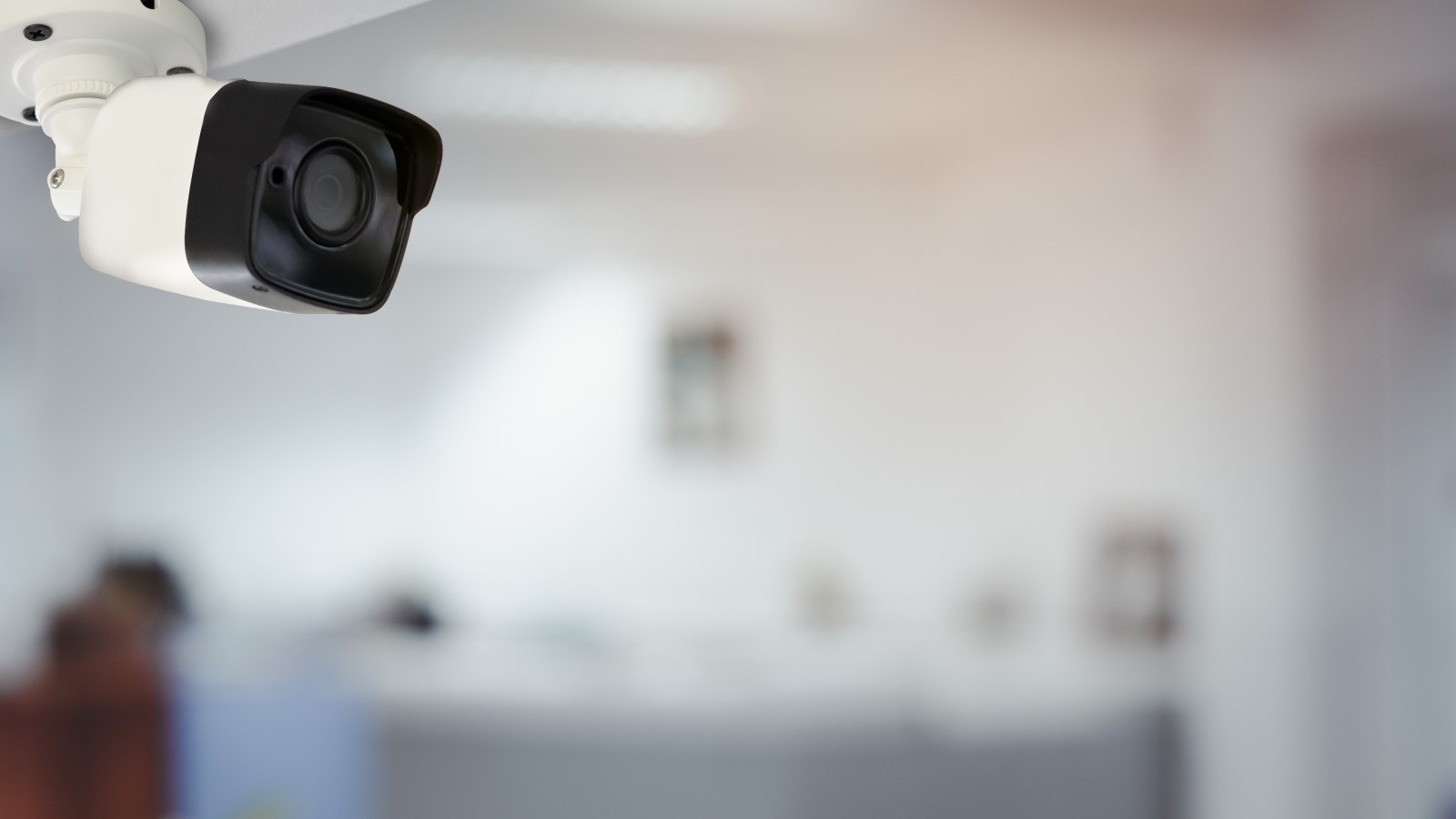Types of Security Systems for Businesses

Choosing the right security system for your business is not as straightforward as it may seem. You’ll need to consider several factors, including your budget, existing threats, and specific security goals.
Equally important is how well these systems will integrate into your existing operations and their scalability as your business grows. With a plethora of options available, it’s essential to understand each system’s unique features, benefits, and drawbacks.
Read on to learn more about the different types of security systems so you can make a more informed decision.
THINGS TO CONSIDER BEFORE CHOOSING A SECURITY SYSTEM
Before diving into the different types of security systems, let’s explore the key considerations that will allow you to determine your needs more accurately.
SECURITY GOALS—Businesses need to establish their security goals first. Are you looking to protect against theft and unauthorized access or perhaps monitor employee activity? Clear goals provide a roadmap for the security system selection process.
RISK ASSESSMENT—A thorough risk assessment helps you identify potential threats and vulnerabilities specific to your business. This assessment will serve as a guide in choosing a system that effectively addresses these vulnerabilities.
BUDGET—An important practical consideration is your budget. Understand what you can afford and select a security system within your means without compromising your security needs. For example, there are several important cost considerations for access control systems.
INDUSTRY REGULATIONS—Industry-specific regulations can sometimes dictate the type of security system you need. Make sure to understand these requirements before making a decision. For example, a pharmacy may require time lock safes or a certain type of access control system.
PRIORITIZE SECURITY OVER SPENDING—While security solutions can be expensive, you should prioritize your security needs over the cost of a system. This can help ensure you’re adequately protected while minimizing the risk of security breaches.
SCALABILITY—As your business grows, your security needs will change. Consider whether your chosen system can scale up or down as necessary.
SIMPLICITY IS KEY—Complex security systems can be challenging to set up and maintain. Consider a simple security system where possible to reduce the risk of configuration errors and decrease gaps in security.
EASE OF INSTALLATION, USE, AND MAINTENANCE—An overly complex system may lead to usage errors and lax security, so it’s crucial to choose a system that is easy to use and maintain by employees and security personnel.
Also, consider how easy it is to install. Can you confidently perform the work internally, or will you need to hire outside experts to help with installation?
INTEGRATION—Ideally, your security system should be able to integrate with other systems in your business, such as access control or video surveillance. When evaluating security systems, prioritize solutions that work well with existing infrastructure, which will reduce the risk of compatibility issues and minimize the need for complex integrations.
EXPERT CONSULTATION—Lastly, consult with a reputable and local security partner who can provide expert advice and guidance in choosing the right security system for your business.
COMMON BUSINESS SECURITY SYSTEMS
Now that we’ve covered the primary considerations, let’s delve into the different types of commercial security systems, their strengths, and potential drawbacks.
INTRUSION DETECTION SYSTEMS (IDS)
IDS are designed to detect unauthorized entry into specific areas. These systems are particularly useful in protecting against external threats or panic situations. The downside is they can sometimes produce false alarms, but with proper configuration and monitoring, this risk can be minimized.
VIDEO SURVEILLANCE
Video surveillance systems are vital for preventing inventory shrinkage or shoplifting as they provide a visual deterrent for potential thieves and allow for post-event analysis. However, these systems require regular maintenance and may infringe on privacy rights if improperly installed and managed.
ACCESS CONTROL
Access control systems are great for separating customer and employee traffic or restricting entry to unauthorized areas. Biometric access control systems are ideal for highly secure locations where you need to make it impossible for unauthorized users to gain access.
Remember, however, that keycards and key fobs can be stolen and used by anyone to gain unauthorized access. Also, if someone has a cut on their finger, the biometric access control system may have difficulty recognizing the user.
PERIMETER INTRUSION DETECTION SYSTEMS
Perimeter intrusion detection systems (PIDS) work well for ensuring the safety of large properties like schools or parking lots. These systems detect any attempts to breach the perimeter of the property. While efficient, these systems can be costly to install and maintain, especially over large areas.
THE IMPORTANCE OF A SECURITY ASSESSMENT
A comprehensive security assessment is paramount before deciding on a security system. This assessment will highlight your business’s specific vulnerabilities and provide guidance on the most effective security systems to mitigate these risks.
The right security system for your business isn’t just about buying the most expensive or sophisticated one on the market—it’s about understanding your unique needs and finding one that best aligns with them.
By thoroughly considering the factors above and partnering with a reputable security provider, you’ll ensure that your business is protected and prepared for any security challenges that may arise.
WHICH SECURITY SYSTEM IS RIGHT FOR YOUR BUSINESS?
Let the experts at Richmond Security install a business security system that will give you peace of mind. We have decades of experience providing local Virginia businesses with the best solutions to solve their toughest security challenges.
Click below to learn more about the actual costs of a business security system.
